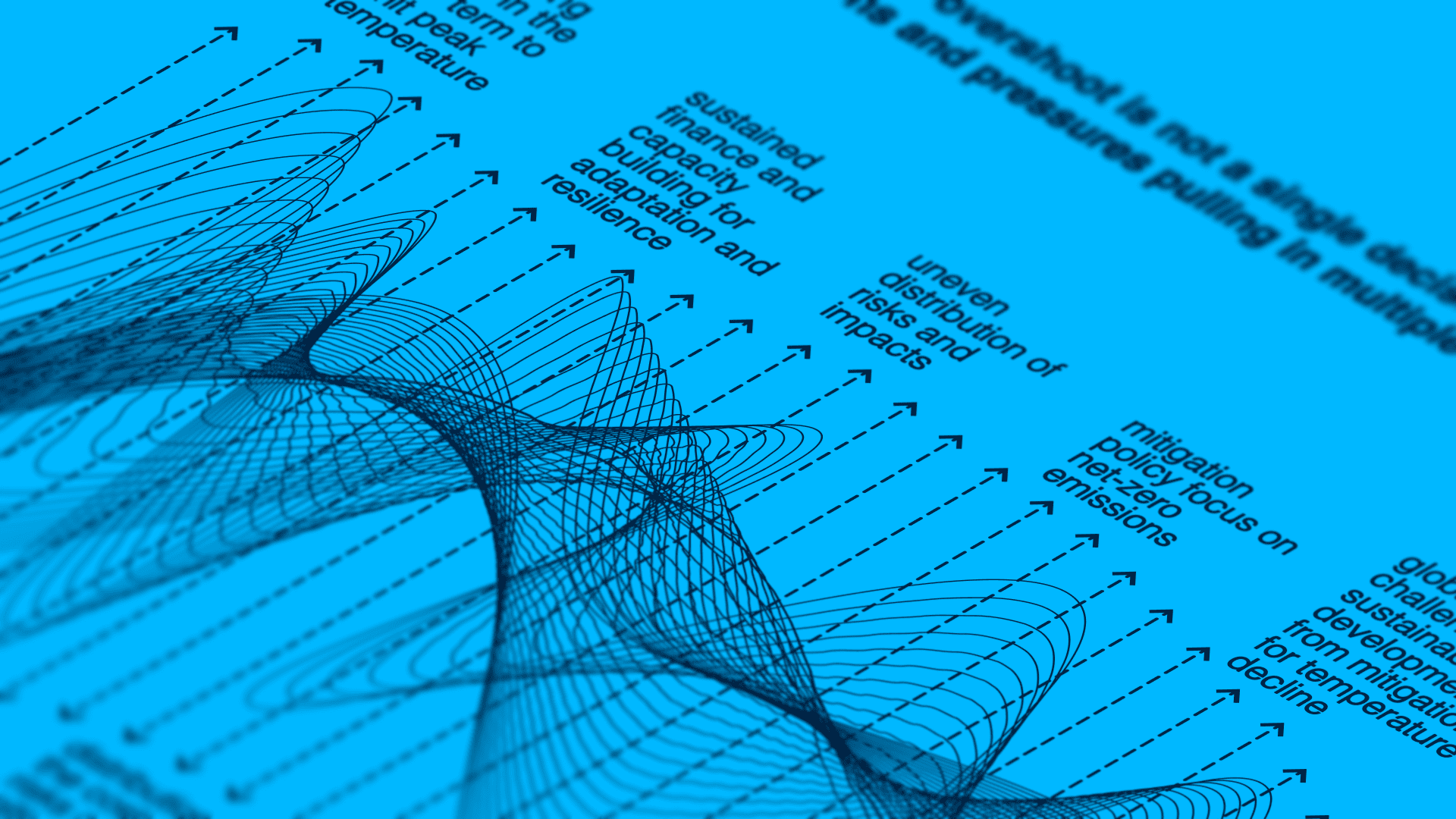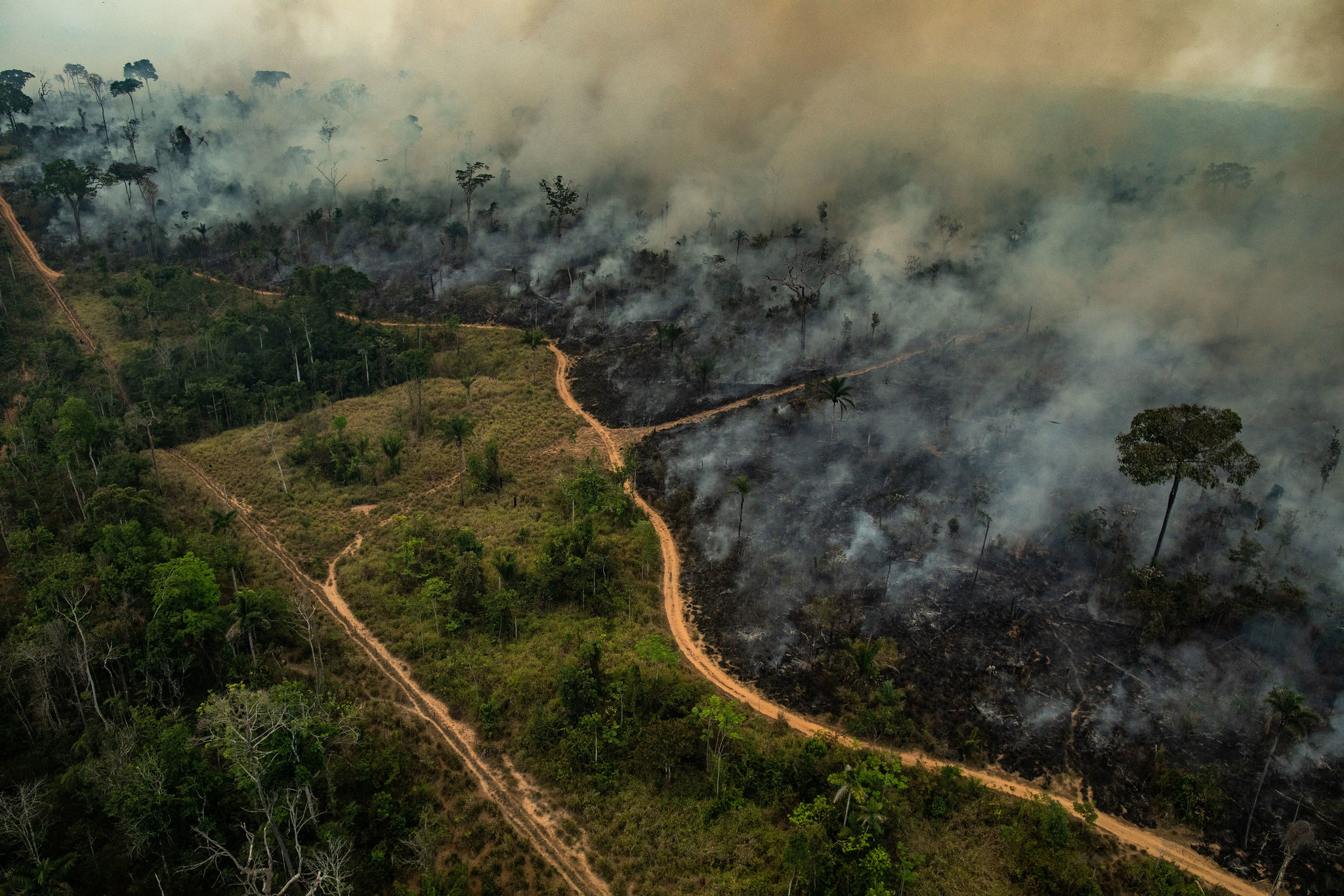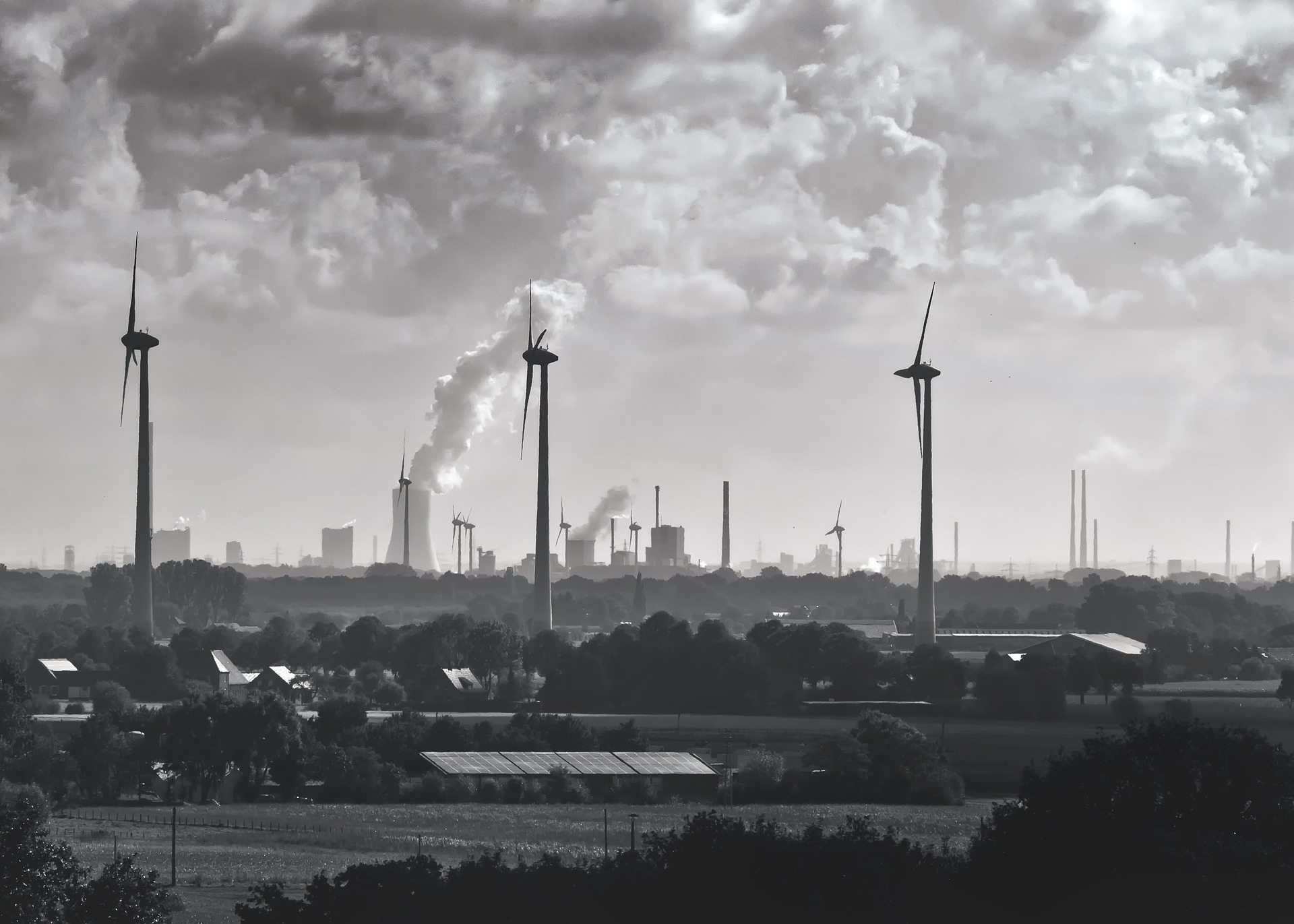An article by Alexis Bernigaud
What’s the rationality of people’s decisions? A growing field of study is trying to answer to this question. By observing the choices of individuals through experiments, Behavioural Economists showed how economic agents often deviate from the “Rational Choice” model, and managed to identify behavioural regularities that might form the basis for a new, more realistic model of human decision-making. How can governments promote environmental policies more efficiently? We selected four policy insights from the Behavioural Economics literature.
#1 Policy Insight: The importance of defaults
Thaler and Sunstein showed in 2008 how people’s behaviour was influenced not only by the choices available, but also by the way these choices are presented: this concept of choice architecture was used in a study where plate sizes for breakfast buffets were reduced in several hotels: people could come back and serve themselves again, which means that there was no limitation of people’s possibilities, but the mere fact that the “default” size of a serving was smaller resulted in a 20% reduction of food waste. When designing interventions, policy-makers should think about making the most environmentally friendly option the “default”, so that people have to opt out of it if they want to.
#2 Policy Insight: Framing a problem differently can improve outcomes
A study showed how people’s decisions were influenced by the way they perceived a problem. This framing effect is particularly visible when one compares a scenario that is framed as a loss and a scenario that is framed as a gain. In a 2012 experiment, teachers were offered financial incentives based on class performance. The first group (“Gain” treatment) received “traditional” financial incentives in the form of bonuses at the end of the year linked to student achievements. Other teachers (the “Loss” treatment) were given a lump sum payment at the beginning of the school year and informed that they would have to return some or all of it if their students did not meet performance targets. The amount of money was the same, but the group in which monetary incentives were framed as a potential loss performed significantly better than the “Gain” group. This phenomenon, known as “loss aversion” could be used to create financial incentives for energy efficiency programmes which would be returned in case of non-compliance. Additionally, loss aversion can be used to frame a message differently: according to Frederik et al. “a statement such as, ‘You are currently losing $20 per billing quarter by not switching off your lights’ is likely to be more motivating than stating, ‘You could save $20 per quarter by turning off your lights’.”
#3 Policy Insight: Information is not enough if it is not salient
When traditional Economics assume “perfect information”, Behavioural Economics recognize that individuals sometimes make seemingly irrational decisions because they ignore valuable information or because it is not salient enough. Thaler and Sunstein (2008) found that when an energy company in Southern California gave its customers an “Ambient Orb” that glowed in red when energy consumption was high (salient signal), orb users reduced peak energy demand by 40%. Salience must be kept in mind every time citizens are expected to “make the right decision”: if the information is not presented properly, I may not be taken into account.
#4 Policy Insight: Social Norms matter
The traditional economic framework tends to consider individuals as independent entities, with distinct interests and maximizing their own “utility function”. Still, recent studies have shown how social norms influence people’s behaviour. For instance experiments in which Home Energy Report letters were sent to residential utility customers comparing their electricity use to that of their neighbours showed that the social pressure implied by the comparison with a “normal” or “efficient” energy usage resulted in a decrease in consumption. Could social norms help implement policies that are perceived as “good” by the public? The ethical questions raised by this idea are numerous, but lab experiments have already shown how peer pressure increased seemingly altruistic behaviours.
Behavioural Economics alone will not save the world, brave decisions will.
Behavioural Economics insights can help shape smart environmental policies. Still, criticism about this field of study being too focused on individual and marginal changes in the face of a systemic problem can be legitimate, and policy makers must not forget the broader debates behind glittery and intricate policy designs that sometimes lack sufficient proofs of large-scale efficiency. But one thing is certain: governments will need to use innovative tools to save humanity from the most adverse impacts of climate change.
Resources:
Learn more about the basics of Behavioural Economics with 10 seminal papers
Discover practical examples of behavioural interventions in this World Bank Blog






